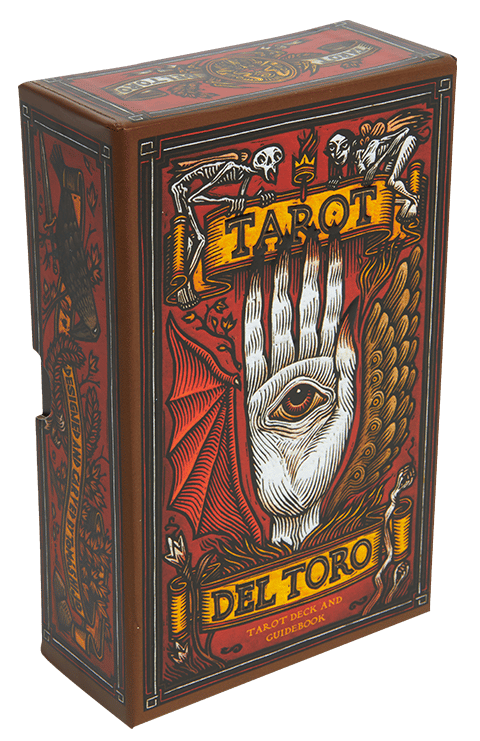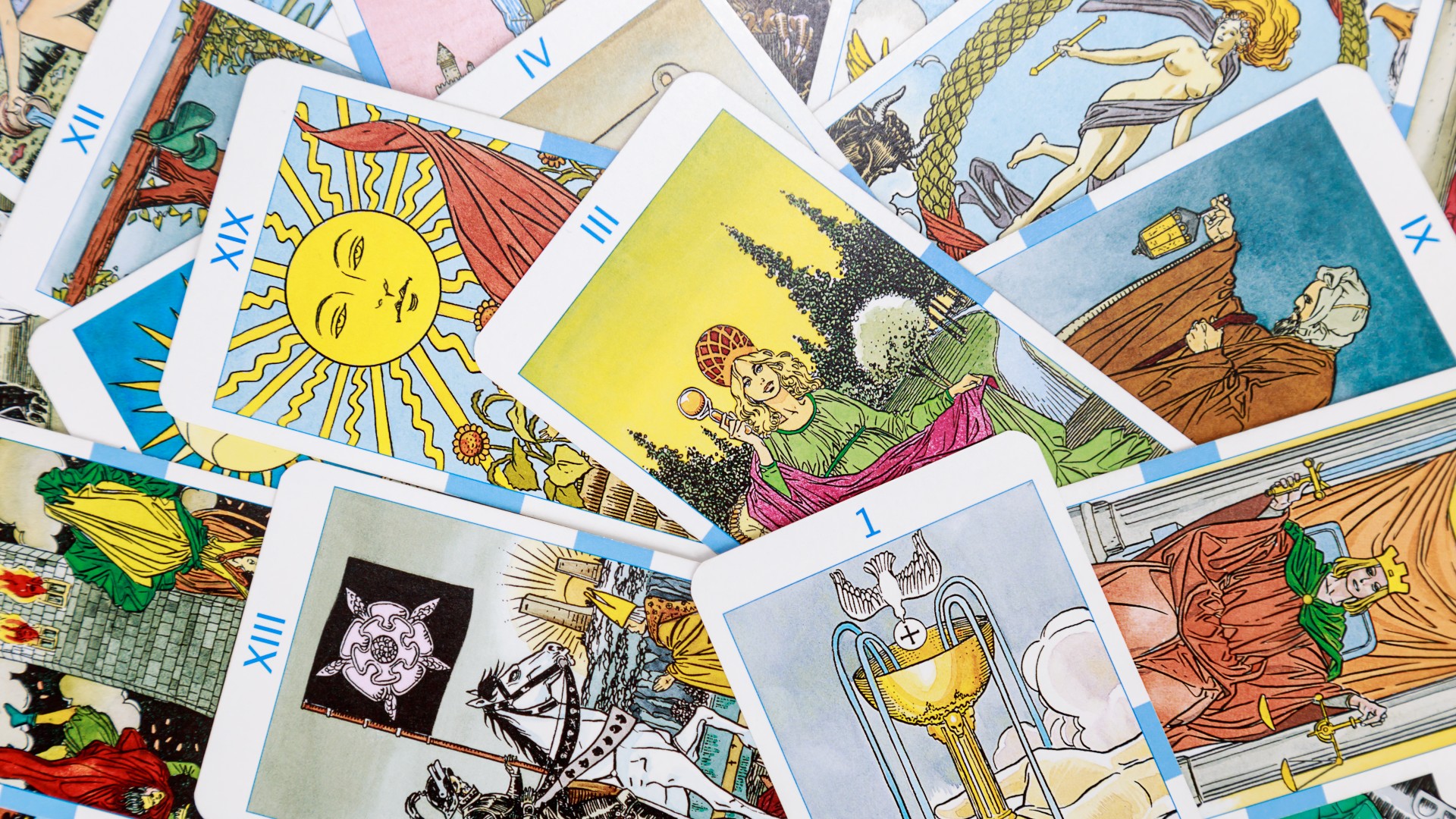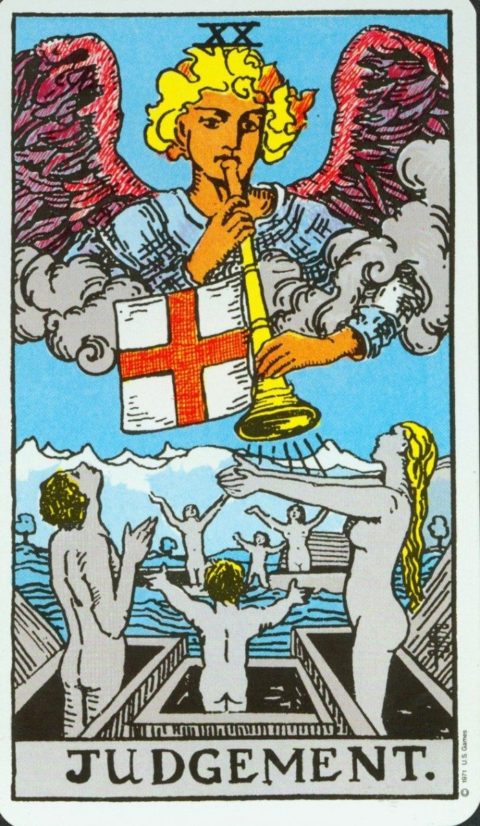
Tarot with cards is a simple and easy way to learn the art. First, learn the basic spreads. Next, follow the guidelines in your guidebook. Practice reading the cards by yourself. Have fun during the learning process. You may be able to read tarot more seriously as your confidence grows. It is best to keep the hobby enjoyable at the beginning.
Negative side
Tarot cards for seeking hidden knowledge are not a good idea. These actions are open to demon forces. They represent a desire for power, and a rejection God’s providential care of creation. This means that using Tarot cards to gain information is similar to throwing prewritten answers into the hat.
Tarot cards may represent positive or negative events or people. The positive positions represent situations that are favorable and can offer helpful guidance. On the other hand, negative positions represent situations that are positive and can offer helpful guidance. This can cause confusion for a reader, whose energy may be skewed toward the negative side.

The Fool is represented in tarot by the Joker. The Fool symbolizes infinite potential, the beginning and ending of a path at the same time, as well as taking a substantial risk. The Fool is a powerful card. It is usually depicted as an innocent young man on a cliff. A Joker card may indicate the right or wrong direction. It is possible to only use one Joker card. However, it is helpful to know the meaning of each card.
Four suits
The Tarot uses four cards suits to represent the four elements. The suit of Sword belongs to the element air, but Wikipedia argues that it has closer ties to the element fire. It is used to represent the principle of justice. Justice was traditionally the domain of the powerful.
Each suit is composed of court cards. In the minor arcana of the Tarot, the court cards are the King, Queen, and Page. A King is an older male and a queen is a female. Jacks, on the other hand, represent a younger male or female.
In the European Tarot, the four suits have many similarities. The suits also have a connection to the elements of Ancient Greece. The four suits have also inspired Christian thought.

Fool
The Fool card encourages one to embrace his youthful, carefree spirit. This card can give you a boost of energy and help you live your best life. Take risks, discover new places, make new friends. The Fool also encourages meeting your own needs.
The Fool is a symbol of a part of you that is not finished, or perhaps trapped in ignorance and immaturity. This uncertainty can make it difficult to respond authentically to life's events. This can be caused by a psychological attitude or an emotional reflex. The Fool card's reverse meaning can help us to regain our inherent truthfulness and instinct for action.
The Fool is often combined with the Hanged Man or the Star in a tarot reading. These cards are strongly connected because they have a strong contrast between mortal and intellectual and metaphysical natures. Both of these cards are credited with winning potential. These cards can be useful in helping to determine where you need to make life changes.
FAQ
What are educational hobbies?
An educational hobby is a activity that allows you to learn by doing it. It could be anything, from playing sports to learning how an instrument is played.
It should be enjoyable and fun for you. You don’t have to do it constantly, but you should consider what other activities you could be engaging in instead.
These activities could end up costing you far more than what you pay for.
What are collection hobbies?
The most sought-after collections are books and movies, music, comics as well as comics, videos games, sports equipment, toys, and others.
You can also collect stamps, coins and cars as well as dolls, action figures, figurines, art supplies, kitchen utensils, jewelry and watches as well...
You get it?
What are observation hobbies?
Observation hobbies are activities where you observe people doing what they do. This could be watching sports, reading books or going on holiday. You could also observe other people.
You can learn creativity through observation hobbies. You can draw on this knowledge later, when you work on projects for others.
It will be easier to learn about something if you are interested in it.
If you are interested in learning more about football, for example, you might watch a match or read a book. If you want to learn more about photography, you could take or visit exhibitions.
You can play along with songs online or purchase a guitar if you love music.
You have the option to make your own meals or take out at a restaurant if you enjoy cooking.
You could also grow flowers or vegetables if you enjoy gardening.
You could take a class or go out dancing with your friends if you enjoy dancing.
You can paint pictures if your passion is painting.
If you love writing, you might be interested in writing poems and stories.
You might enjoy drawing pictures, if you are a good artist.
If you are passionate about animals, you can look after them or work at the zoo.
If you enjoy science, you might consider studying biology, chemistry and physics.
You can read books, listen to podcasts, or watch films if history interests you.
If you like traveling, you could travel abroad or explore your local area.
What's a hobby?
For kids, a hobby can be any activity that they are interested in doing as part of their everyday routine. Kids might enjoy drawing pictures, making things, painting, writing, crafting, and other activities.
Parents worry that their children might get in trouble if they are allowed to do what they like. However, this is not always true. If your child is safe and doesn't cause harm to themselves or anyone else, they won't get into trouble.
It's important for people to understand that just because they like something doesn't necessarily mean they'll choose it all the time. If they dislike writing but enjoy drawing pictures, they might opt to draw pictures.
There are many hobbies to choose from, so it's up you to find the one that interests you most.
Statistics
- A new survey by Pew Research Center of teens ages 13 to 17 finds that 36% of girls feel tense or nervous about their day every day; 23% of boys say the same. (pewresearch.org)
- In comparison, men in the “no humor” condition were refused 84.6% of the time and were only accepted 15.4% of the time. (time.com)
- Almost 80% of people claim to have no hobby. (hobbylark.com)
- The Role of the Mind in Sex, Dating, and Love: Men in the “humor” condition received phone numbers from 42.9% of the female participants and were refused 57.1% of the time. (time.com)
- Much of this decline reflects the fact that teens are less likely to work today than in the past; among employed teens, the amount of time spent working is not much different now than it was around 2005. (pewresearch.org)
External Links
How To
How to learn a music instrument
There are many ways you can learn to play music. You could go to a school or buy a book. You could also take lessons from an experienced musician, watch videos online, and so on. However, if you decide to find your own way to learn, here are some tips and tricks that might help you out.
-
Find something that interests and you. If you don't like any of the instruments you see around, then you should try another one. It would be hard to get into playing an instrument if you don't enjoy doing it.
-
Be patient. Learning anything new takes time. Don't expect to master everything right away. Instead, you should continue practicing every day.
-
Practice regularly. Do this even when you feel tired. This will ensure you don't forget what lessons you have just learned.
-
Pick a place where you can practice. You want to be in a place where you are not disturbed by others. You should also make sure there aren’t any distractions. You should avoid loud music being played near you.
-
Have fun! Music should be enjoyed. You should have fun practicing music. You will be motivated to do more if you have fun.
-
Set goals. Set goals. You'll know exactly what you must achieve. There is no excuse for failure.
-
Keep track of your progress. Note down your successes and mistakes. Doing so will help you improve over time.
-
Take breaks. Sometimes it is enough to just stop and think. Taking breaks can give you the time to think.
-
Ask questions. Ask for help if you are unsure or have questions about certain aspects of the instrument. They may be able to help you out.
-
Learn by listening. Many musicians enjoy listening to their favorite songs and trying to imitate them. This allows them to grasp the basic concepts of the song.
-
Read books. You will learn more from reading books than you can by watching videos or attending classes. Books often contain information you can't find elsewhere.
-
Join a group. Playing with others will force you to practice more. Plus, you will meet people who share similar interests as yours.
-
View tutorials. Tutorials are brief videos that cover a variety of topics in great detail. These tutorials usually concentrate on one particular aspect of an instrument. You can learn difficult parts of the instrument by watching tutorials.
-
Try different methods. Some people prefer to learn through lectures. Others prefer to read. Keep trying until you find your preferred method.
-
Practice makes perfect. You don't become an expert overnight. Instead, it takes time and effort to become proficient enough for you to succeed.
-
Begin a group of musicians. Listening to other people play their favorite songs can help you learn faster.